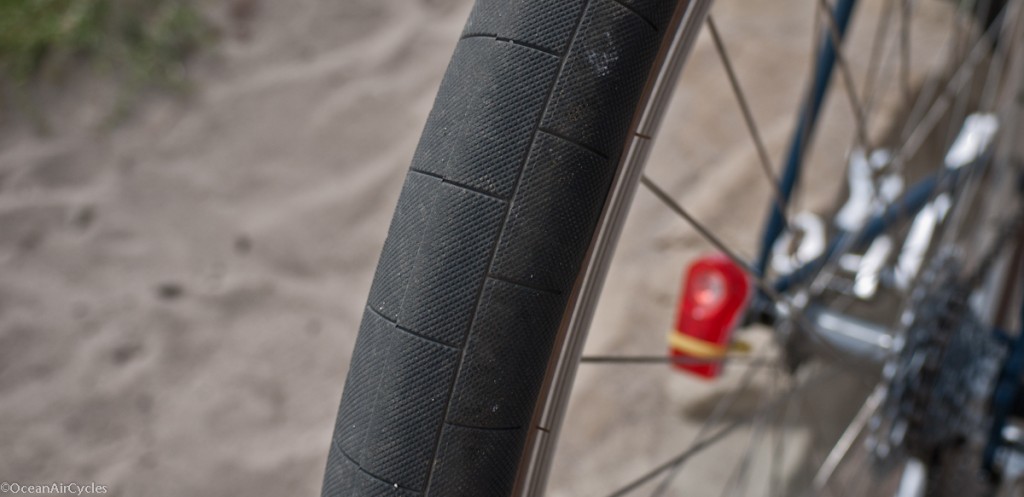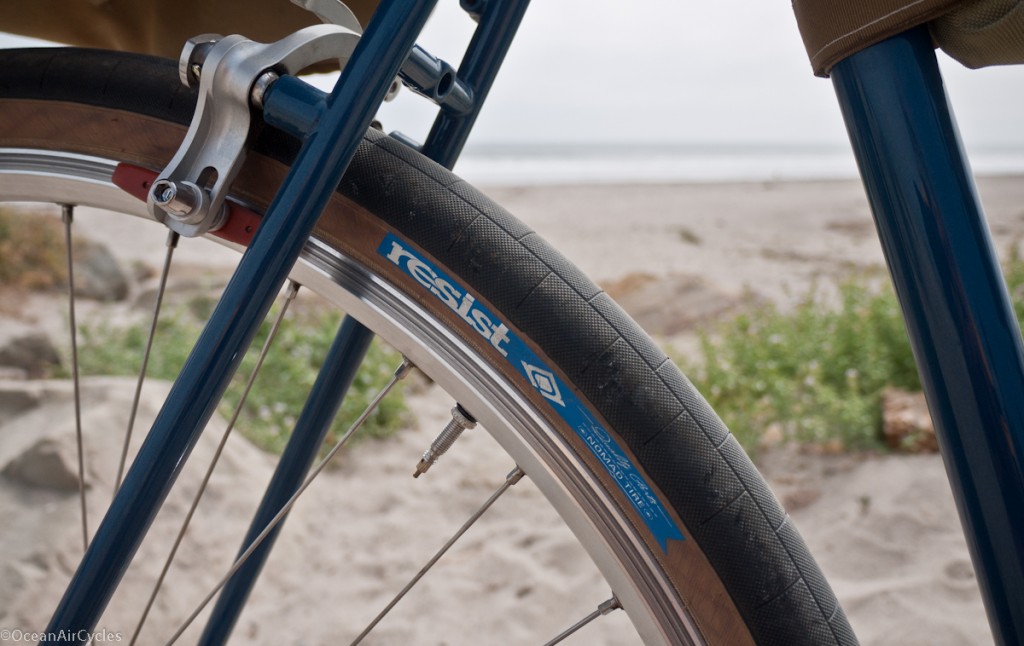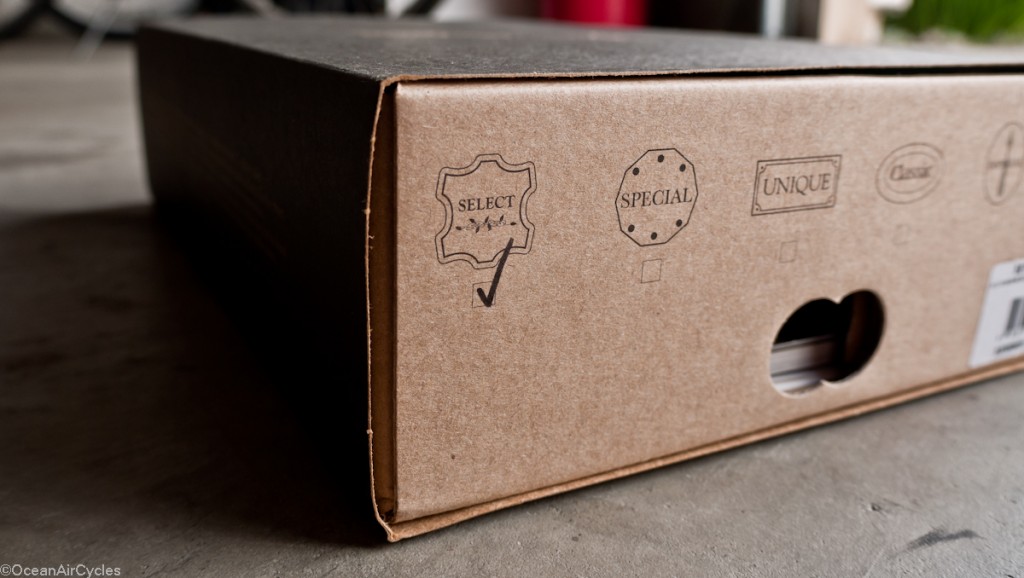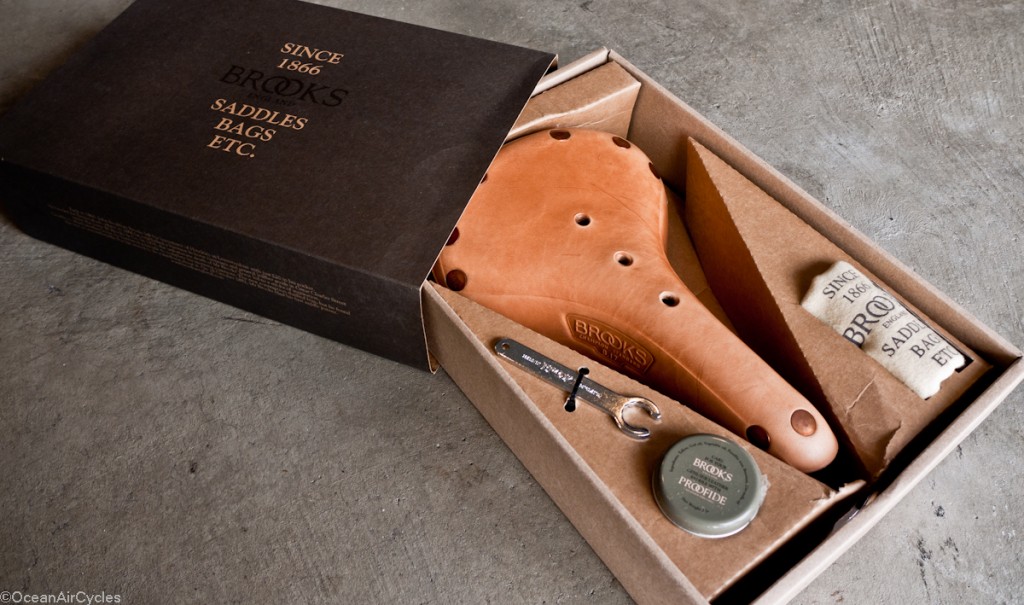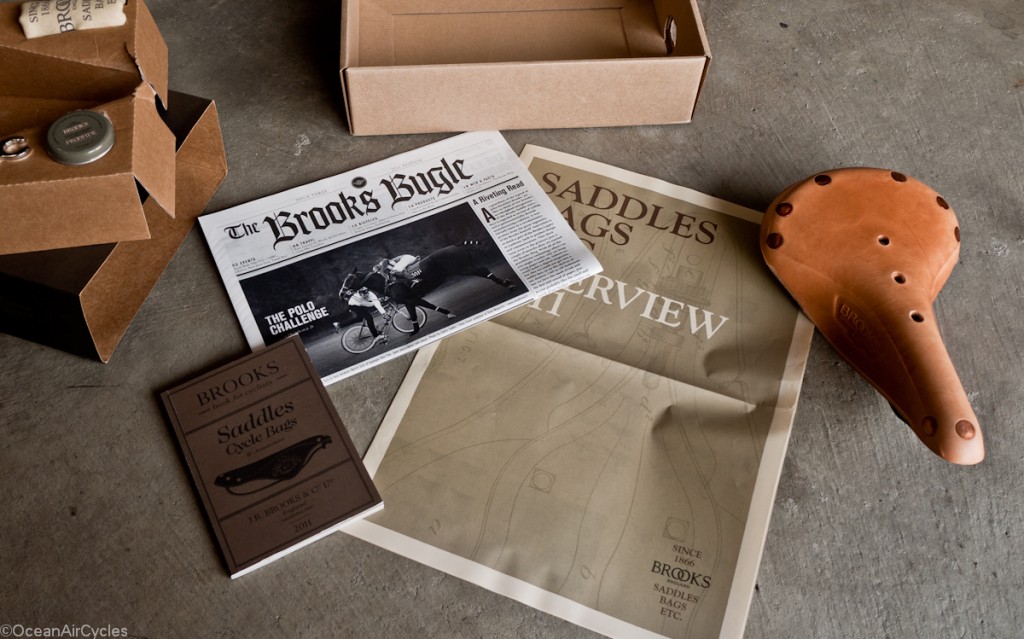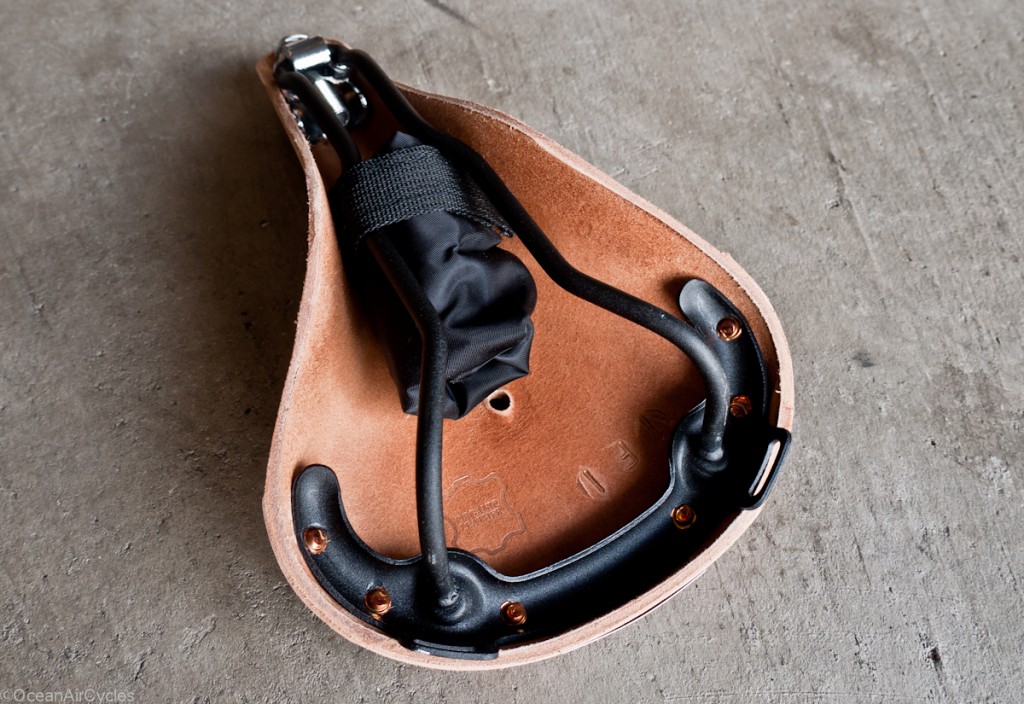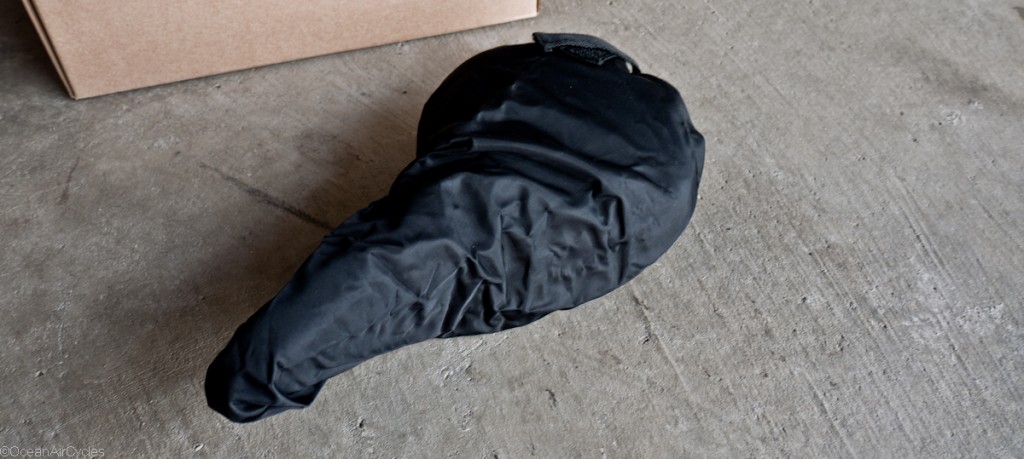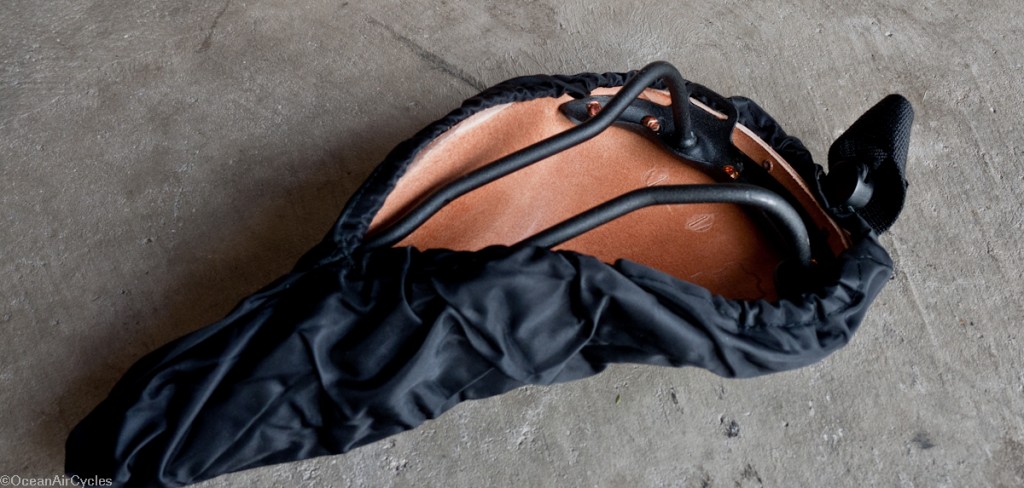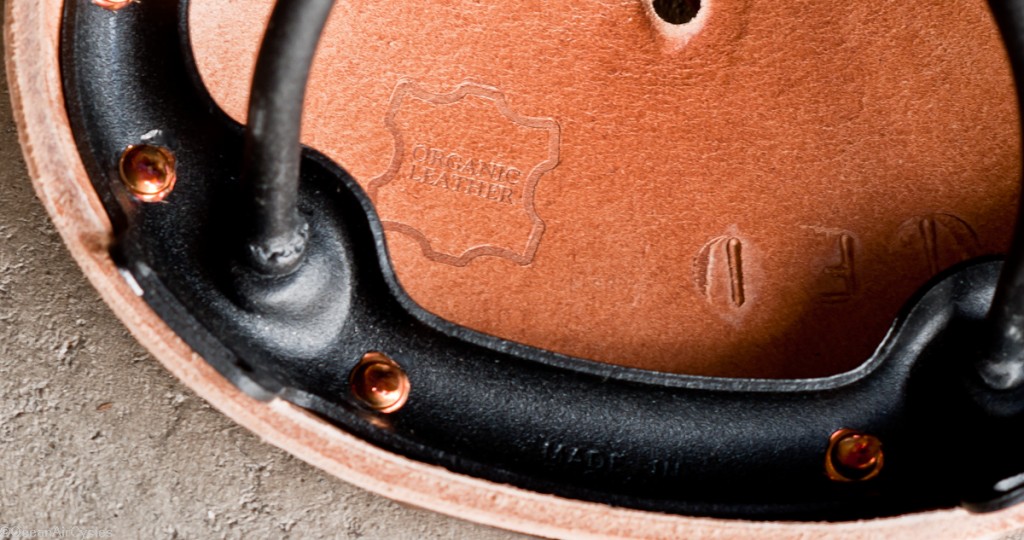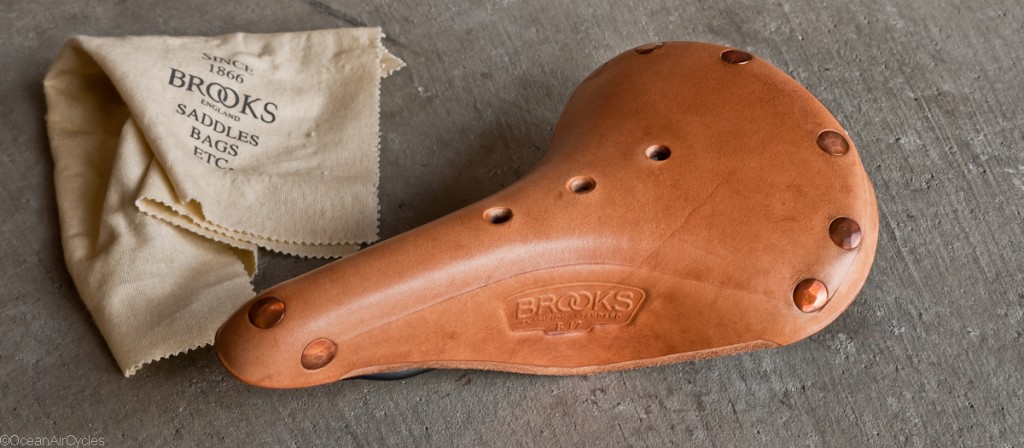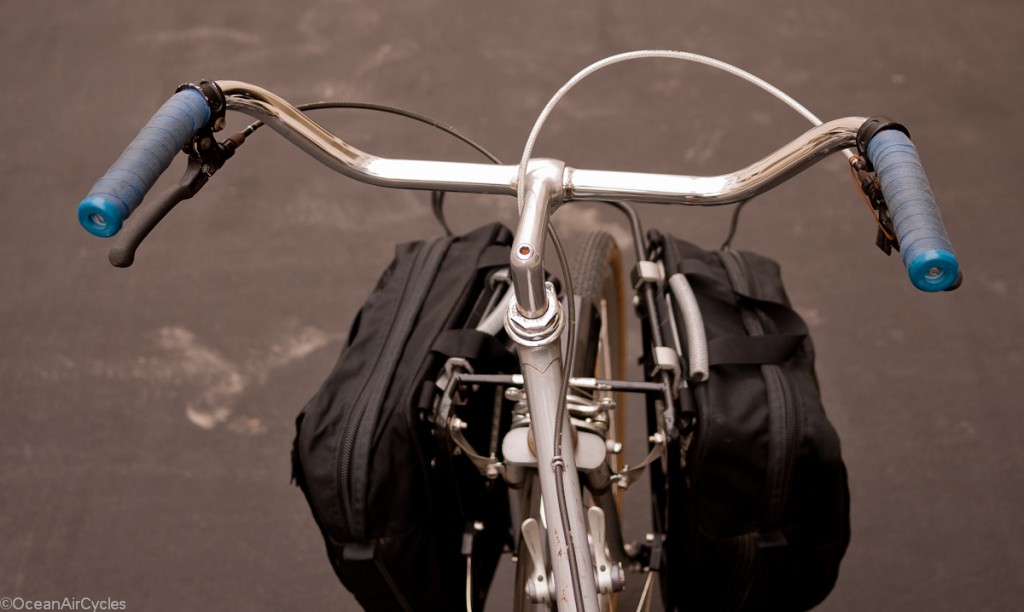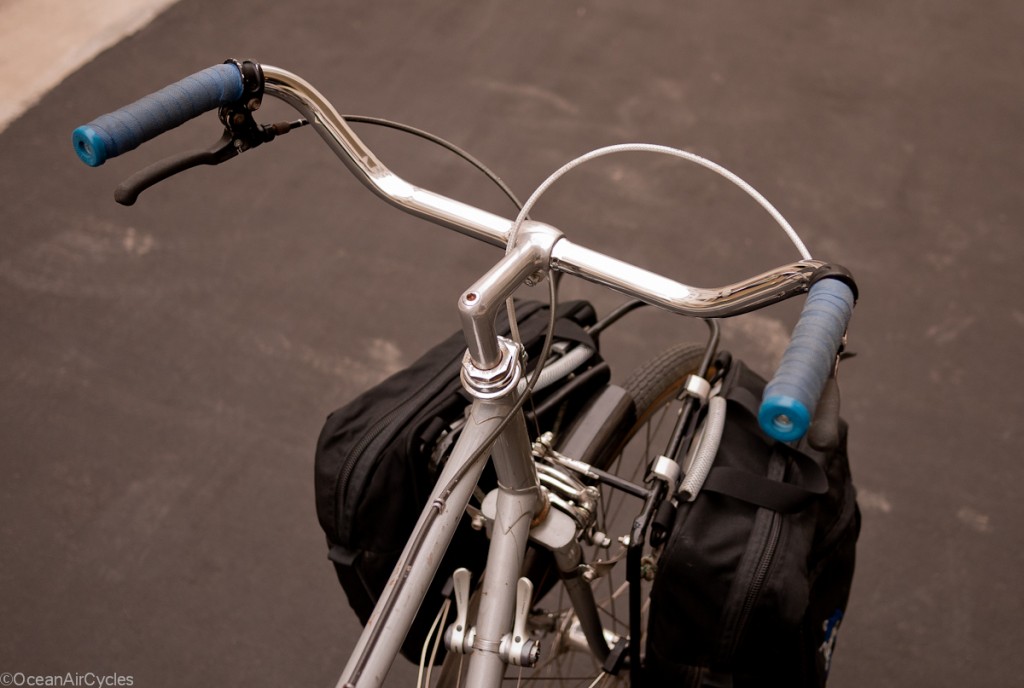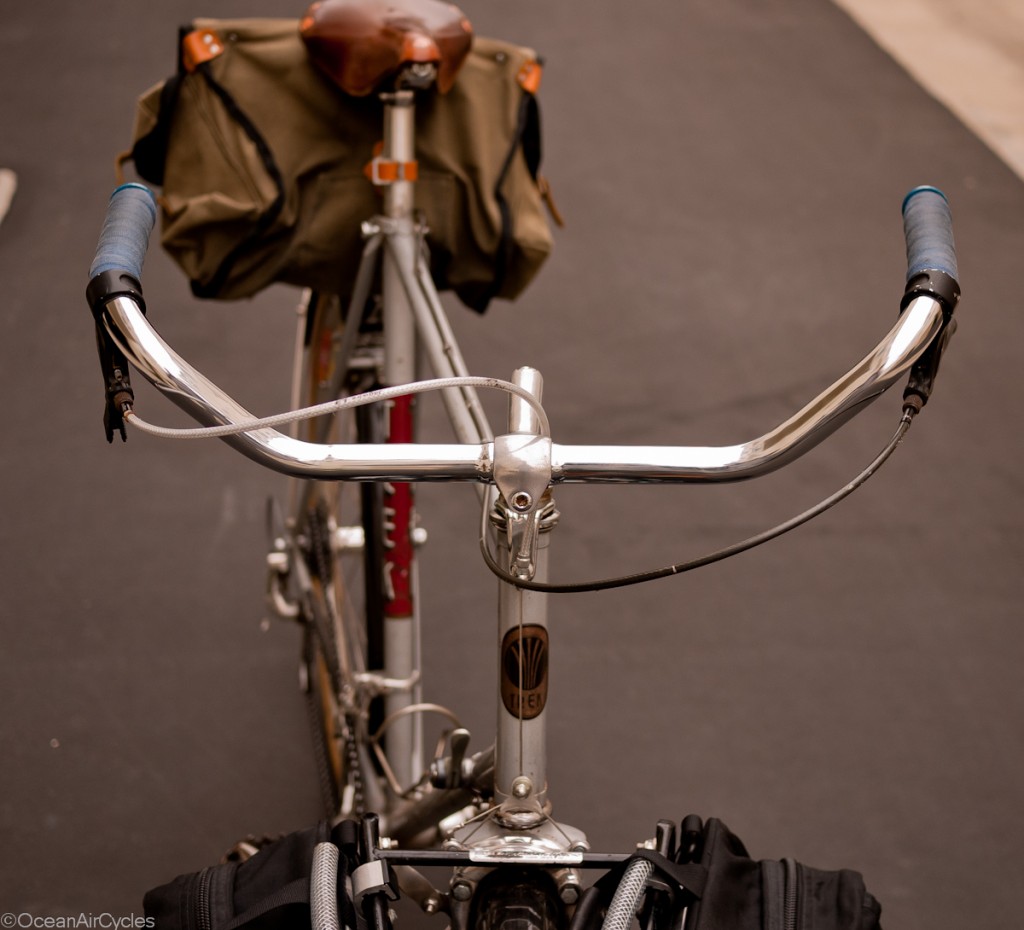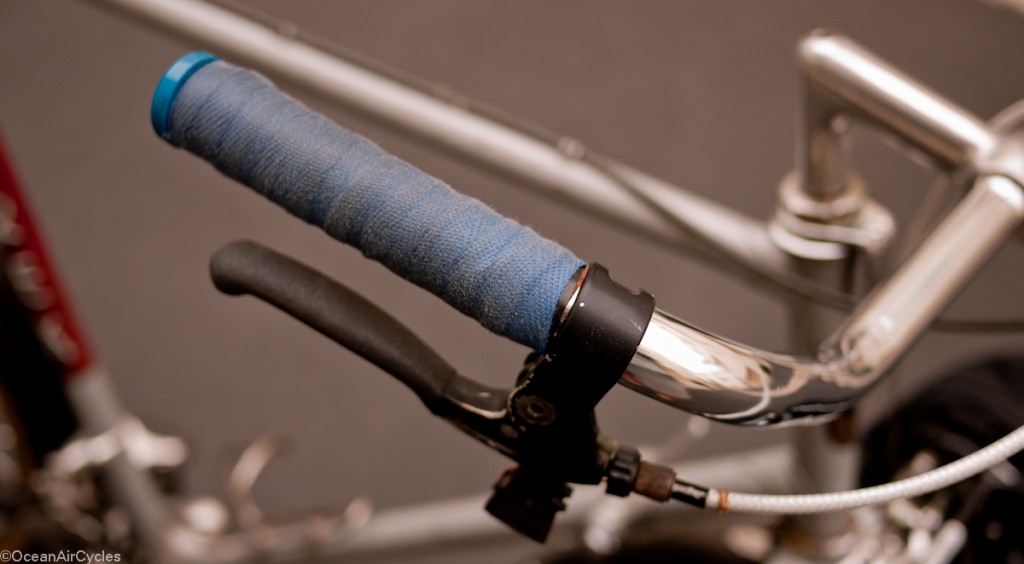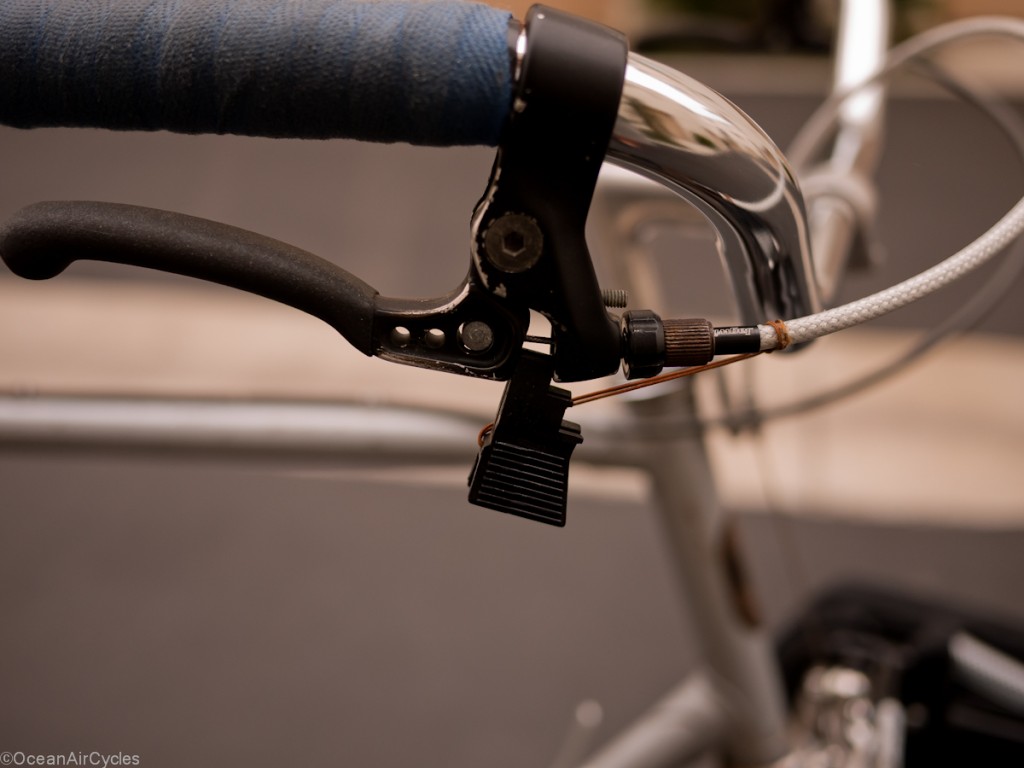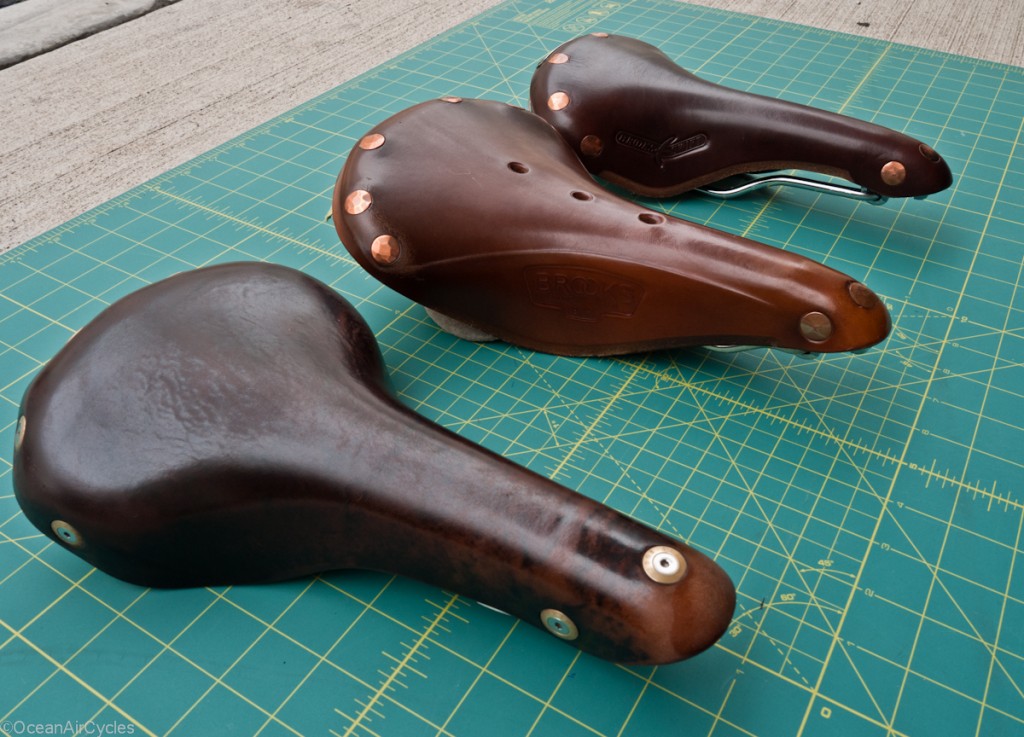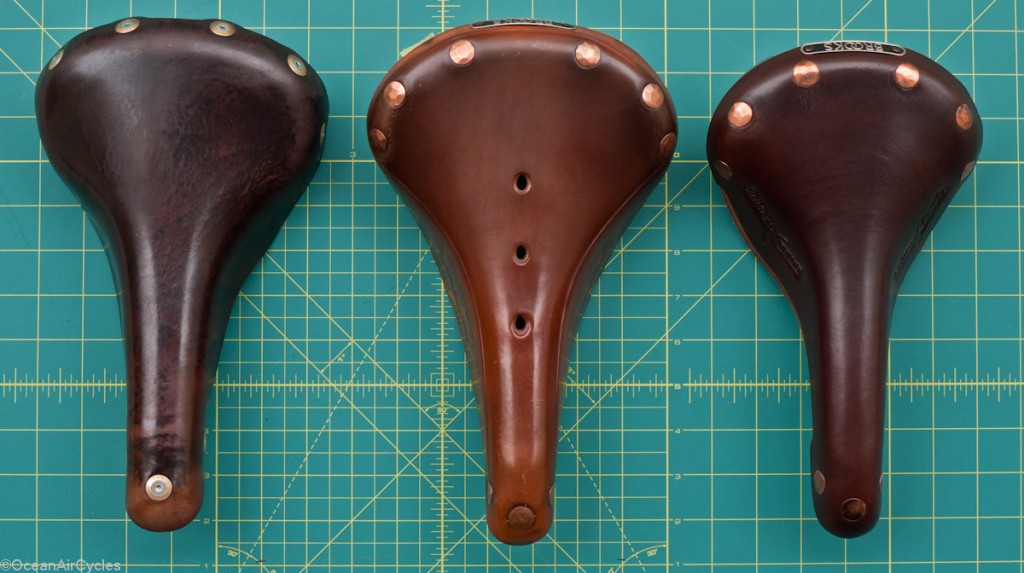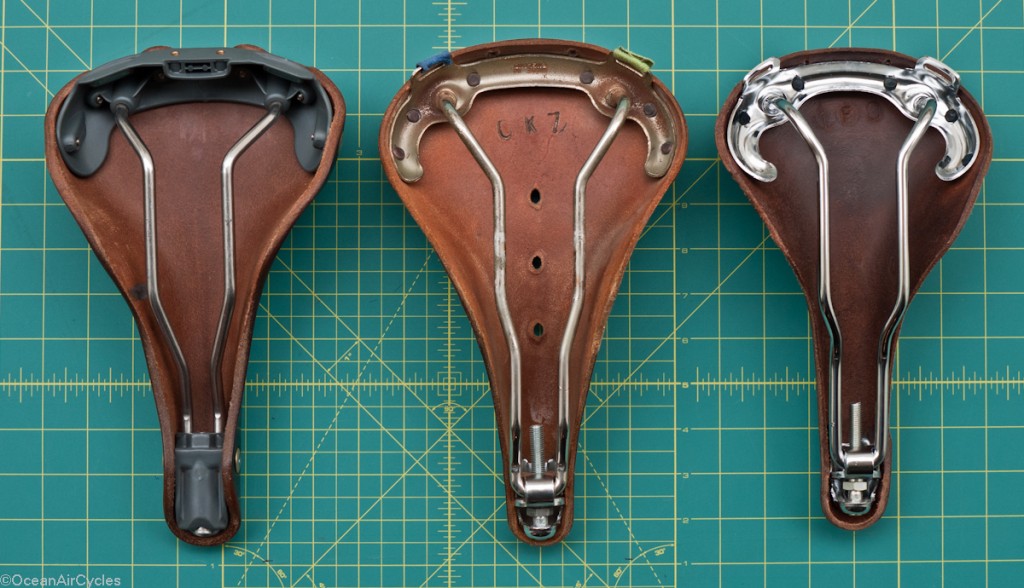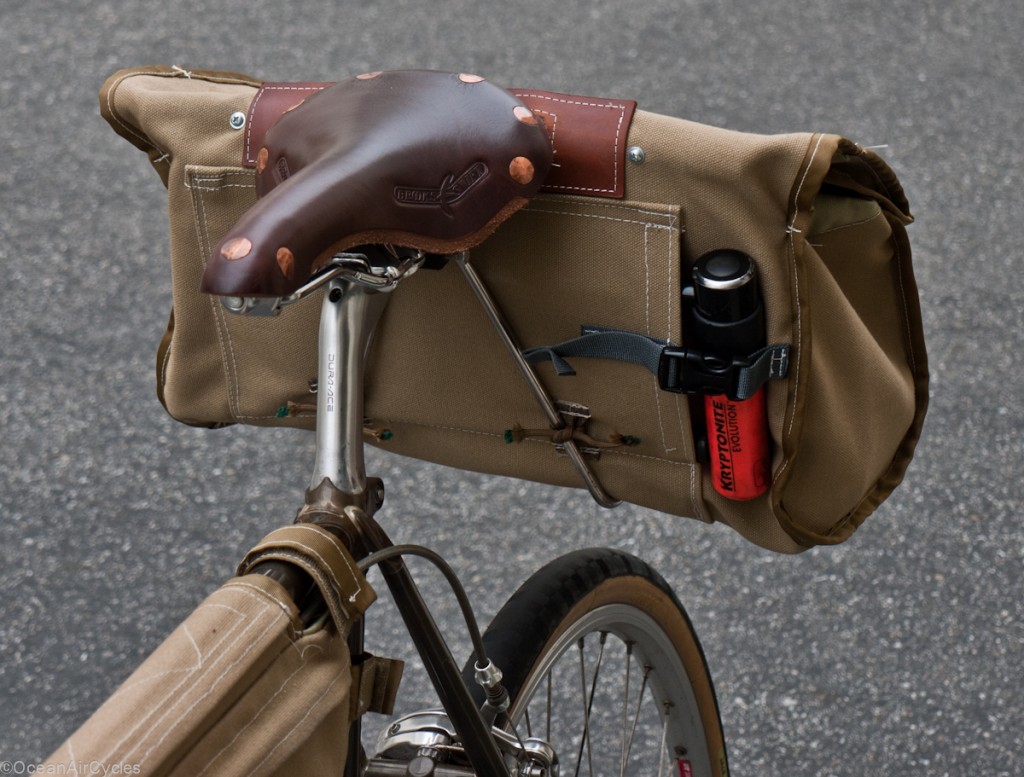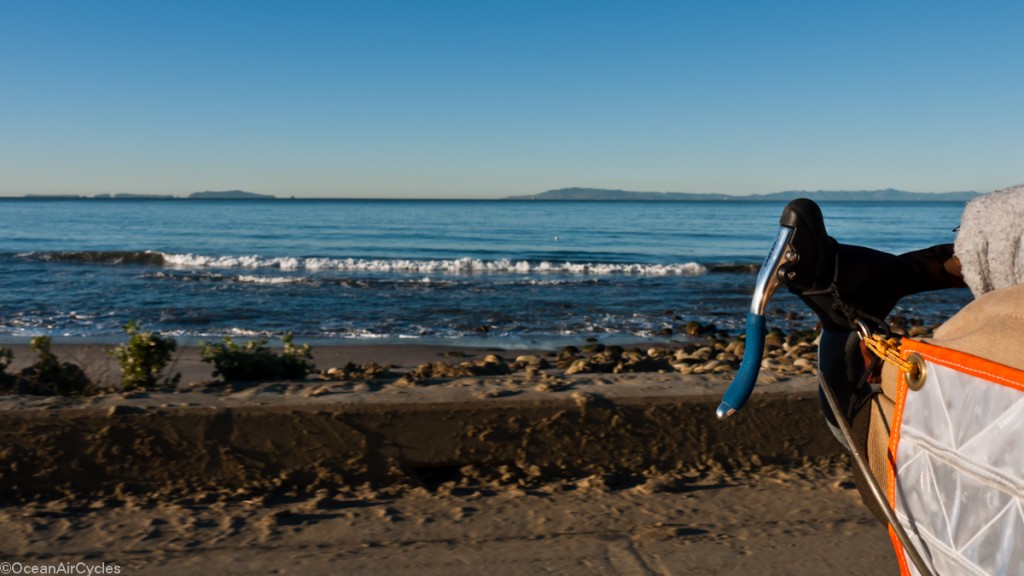I have been riding the Resist Nomad 700×42 for almost 6 weeks and almost 1000 miles, and feel comfortable sharing my initial impressions of the tires. Over the years I have come to appreciate the ride quality of fat light weight tires on the road. Experience has proved for me at least that you can get the comfort and speed, rolling over all of the little stuff and most of the big stuff too without having to give up speed and acceleration. The catch in the 700c size is a limited selection of true light weight performance tires wider than 32mm.
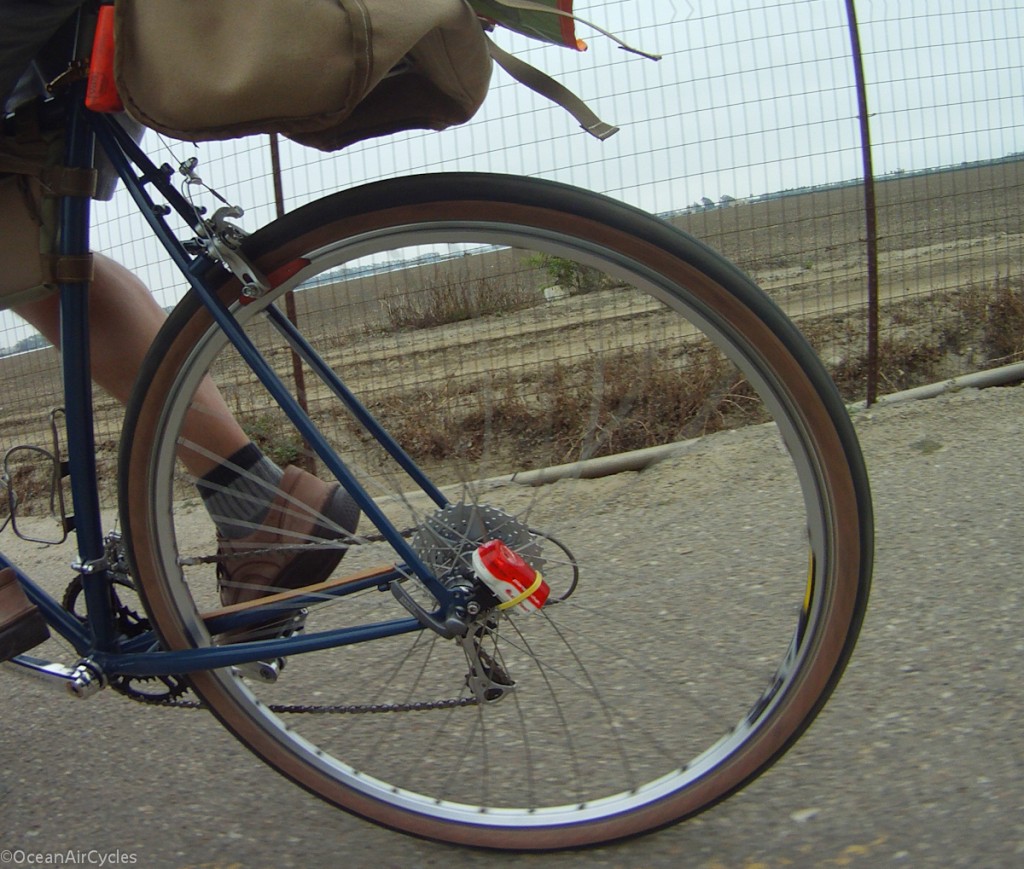 While the selection for tires like this is improving, most have a more pronounced knobby tread. I was excited to see the Resist Nomad hit the market a little over a year ago. These tires are primarily designed for the freestyle urban scene. The fact that they meet the demands of the mixed terrain / fat tired road bike crowd was a bit of a surprise for Resist. The catch for me at the time was not having a bike that would fit tires this wide. Rambler No.1 then entered stage left. My Rambler is purpose-built around tires this wide. While my production samples were under way I was in contact with Resist to get some samples in my hands. Currently these are the lightest 700x42mm tire on the market that I know of.
While the selection for tires like this is improving, most have a more pronounced knobby tread. I was excited to see the Resist Nomad hit the market a little over a year ago. These tires are primarily designed for the freestyle urban scene. The fact that they meet the demands of the mixed terrain / fat tired road bike crowd was a bit of a surprise for Resist. The catch for me at the time was not having a bike that would fit tires this wide. Rambler No.1 then entered stage left. My Rambler is purpose-built around tires this wide. While my production samples were under way I was in contact with Resist to get some samples in my hands. Currently these are the lightest 700x42mm tire on the market that I know of.
Out of the box I was pretty impressed. I have samples in both the skin wall and black wall. The skin walled tires average 530g while the black walls average 560g. Both currently are only available with a wire bead. While not a svelte race tire, the weight is quite reasonable when you consider that the popular 650bx42mm Grand Bois Hetre’ is roughly 430g with a folding bead. The width is a rue 42mm. The tread is a semi slick with micro pyramids broken up with a larger square grid. The street price on these tires is around $30.
Enough with the stats, the ride is what really matters, and it has been great. Initially they were a little bit loud, a sort of hum from the tread against the road, but that quickly faded as the tire wore in a bit. I have kept the pressure between 40-50 psi for my combined rider/load/bike weight in the 240lb ball park. Handling has been superb. They get a little bit of roll or dive at the rim if I let the pressures drop below 35psi. The road buzz from our currently terrible roads is gone. It really is like riding on pillows. Average times and speeds, about 18mph cruising, are on par with my previous data I collected riding Jack Brown greens or a variety of 28mm tires on other bikes. Cornering and grip in dry weather is fantastic. I am able to carry more speed through turns, ride through rough patches and hold more consistent lines than previously possible on narrower tires. Unfortunately (or Fortunately) we are a bit spoiled with a lack of rain in the SoCal basin and I have not had a chance to push these in the wet. On fire roads and the trails they have held their own well. While obviously not as grippy as a true MTB tire, the added volume and contact patch has been welcome in easing the attention I need to pay to my line with the “skinny” 35mm tires I have been on in the last couple of years. The Nomads help to bridge the gap between true underbiking and a knobby tire.
The build quality is what you would likely expect for a tire at this price point. For $30 retail you can not expect the level of detail and finish that has been coming out of the Panaracer Japan group for some of the other popular boutique tires. As you can see in the picture the two sides of the mold were not well aligned. The casing and rubber around the bead on the skin walls is a little thin. One of my samples has a short tear from being a bit heavy-handed with a tire lever, and that tire is now out of service. I have only had one flat to date. It was in the rear and caused by a thin truck tire wire. Considering the amount of glass and debris on out roads this is pretty good. I tend to pick up flats or slow leaks like this every couple of months. Thus a single flat early on is just that, a flat, and marginally an indicator of long-term performance.
Bottom line, these look to be a great tire for the price. I will likely run them for a long time, and look forward to a long-term follow-up review. If your bike has the room to fit these tires I would not hesitate to pick up a pair. I am happy enough with them that I may be adding them to the storefront in the next few weeks. There are a bunch of variables in that equation, but I know I will stock them eventually.
